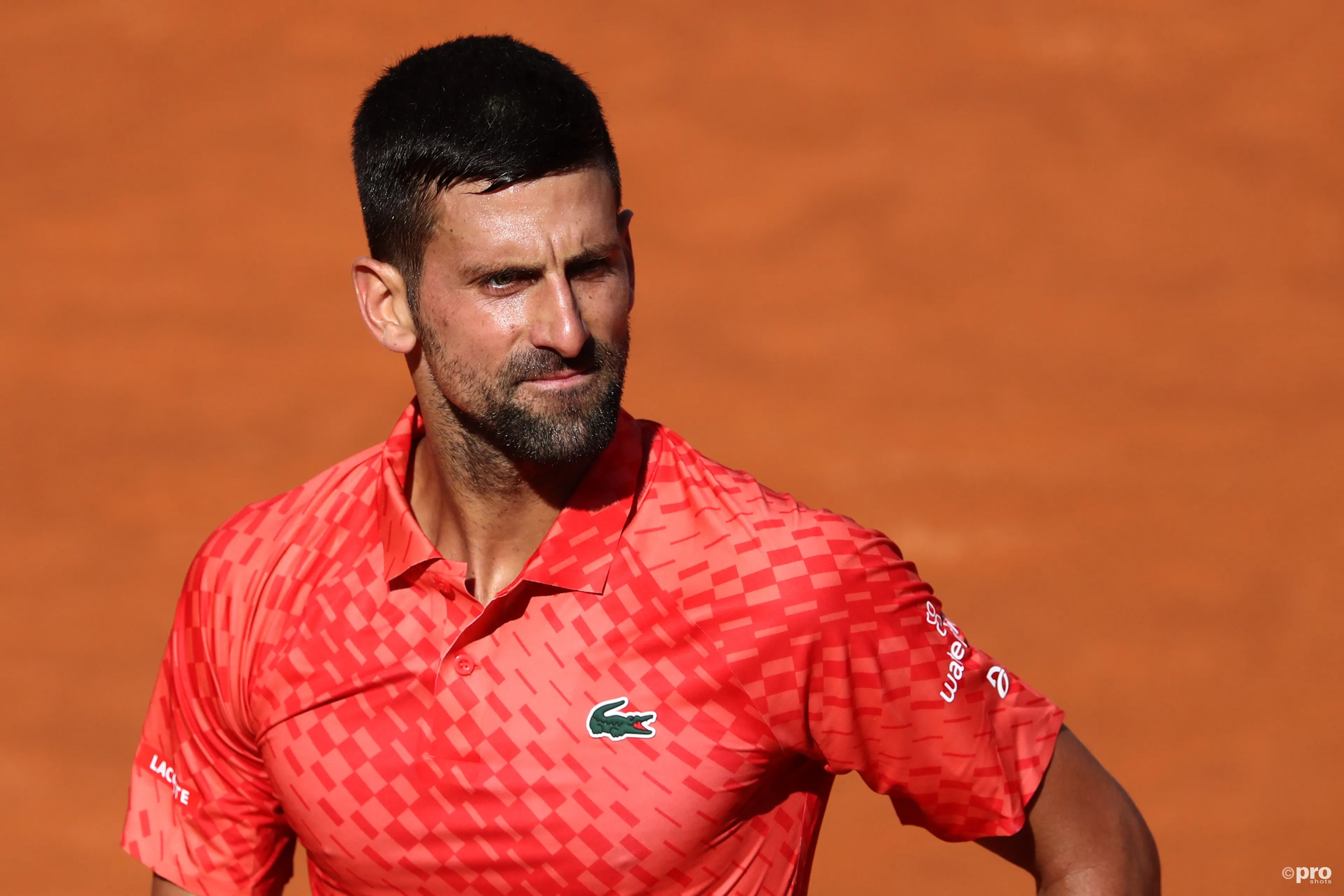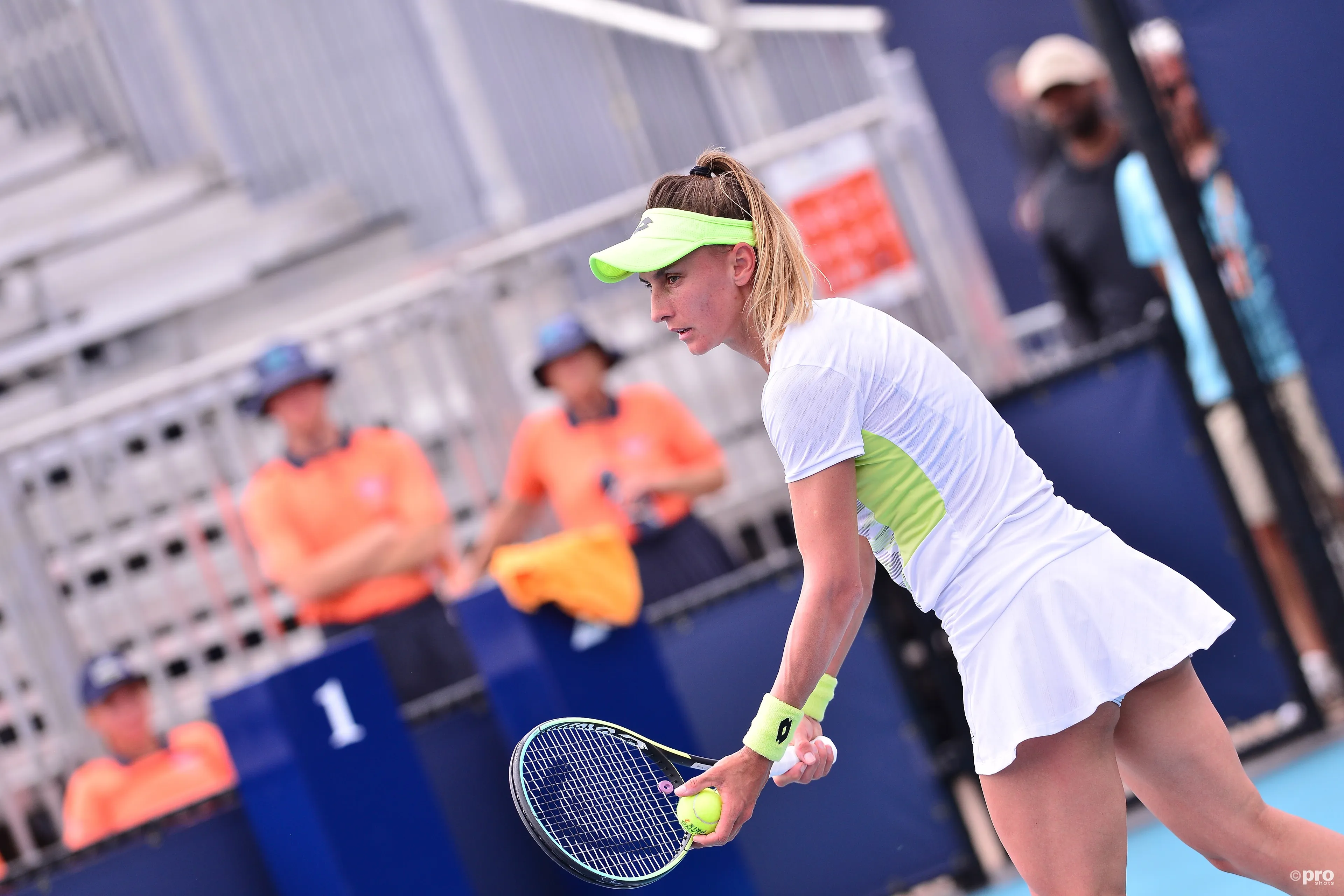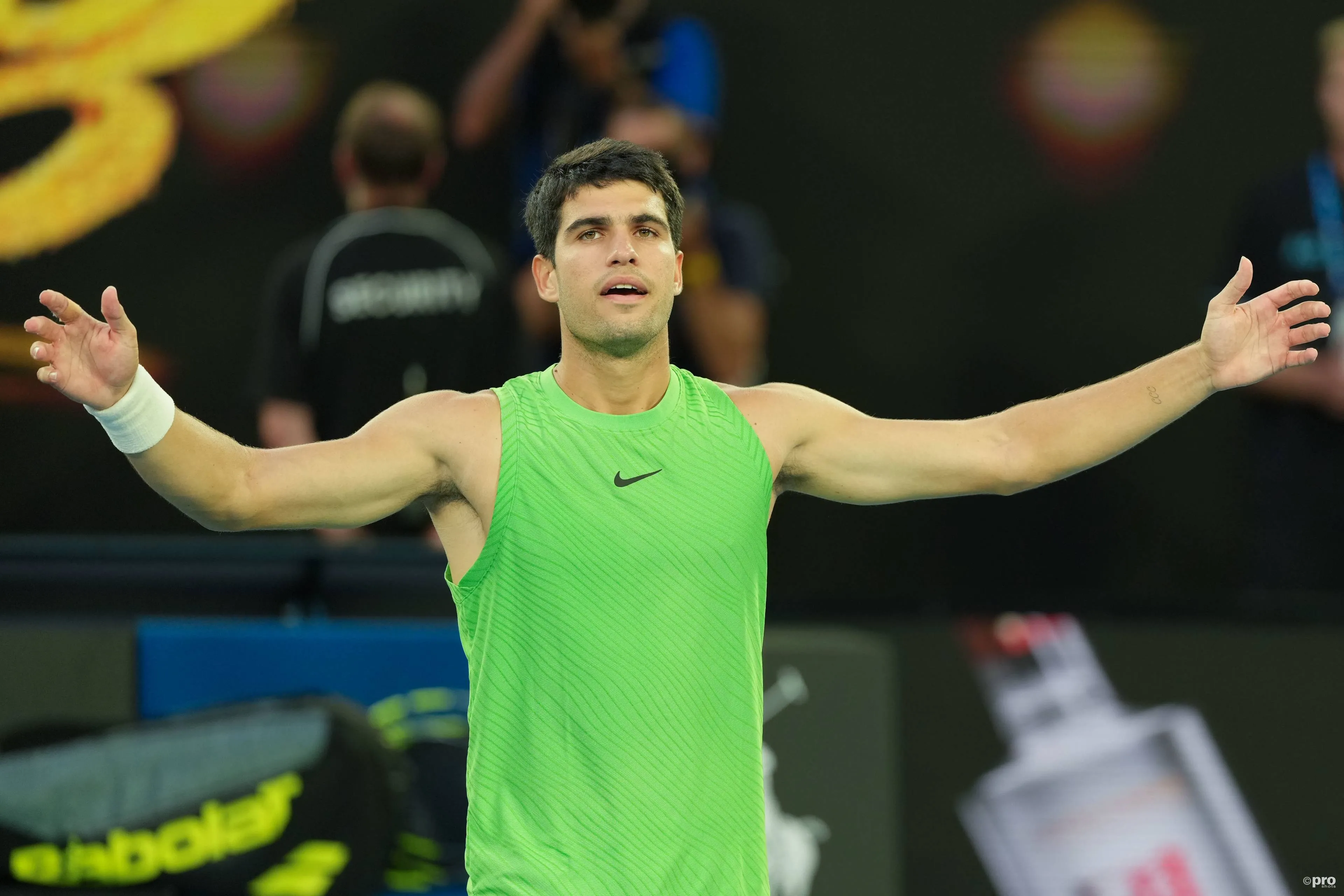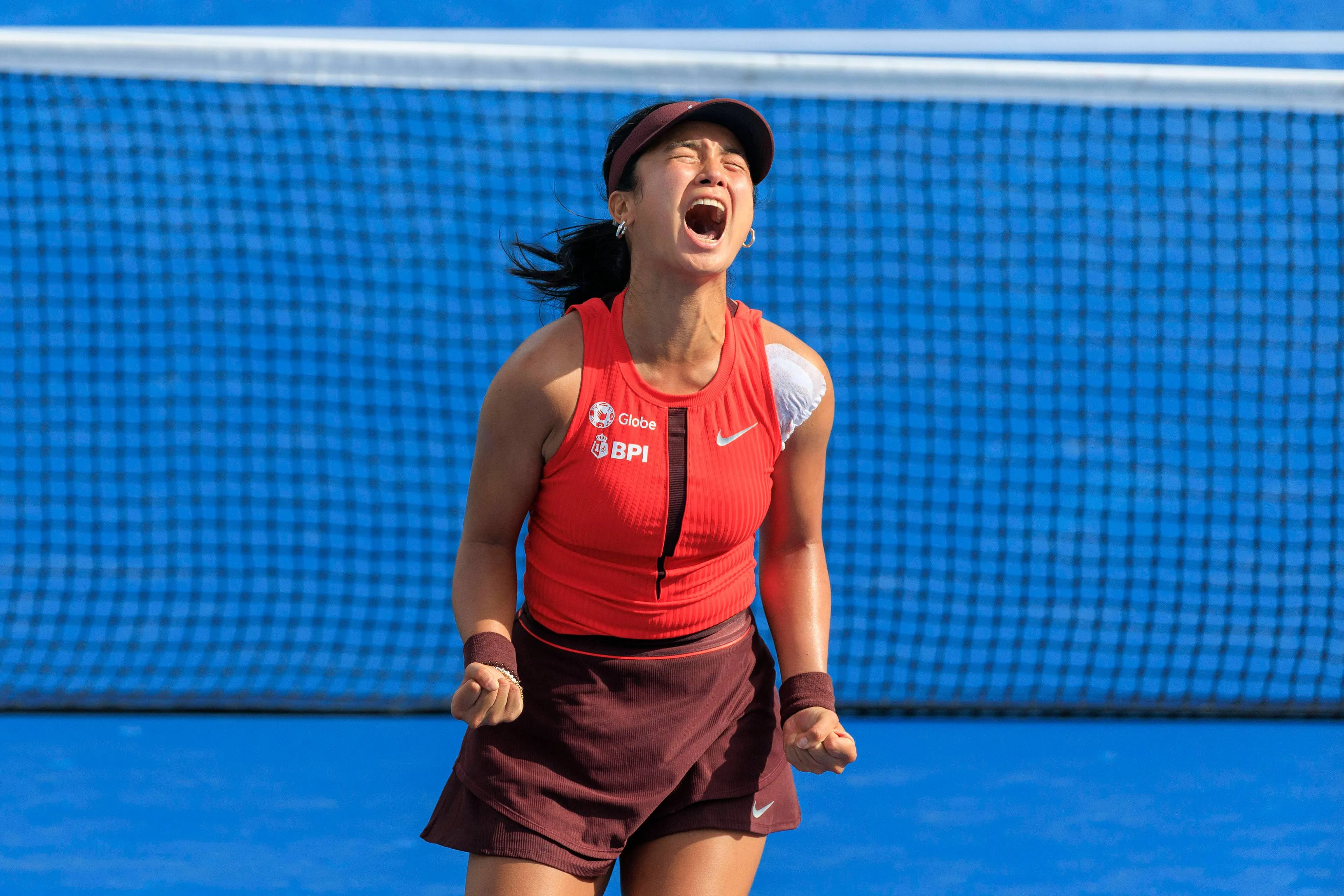Gerard Piqué harshly criticises the ITF over the Davis Cup: "They owe us 50 million dollars"
Tennis NewsThursday, 22 June 2023 at 12:30
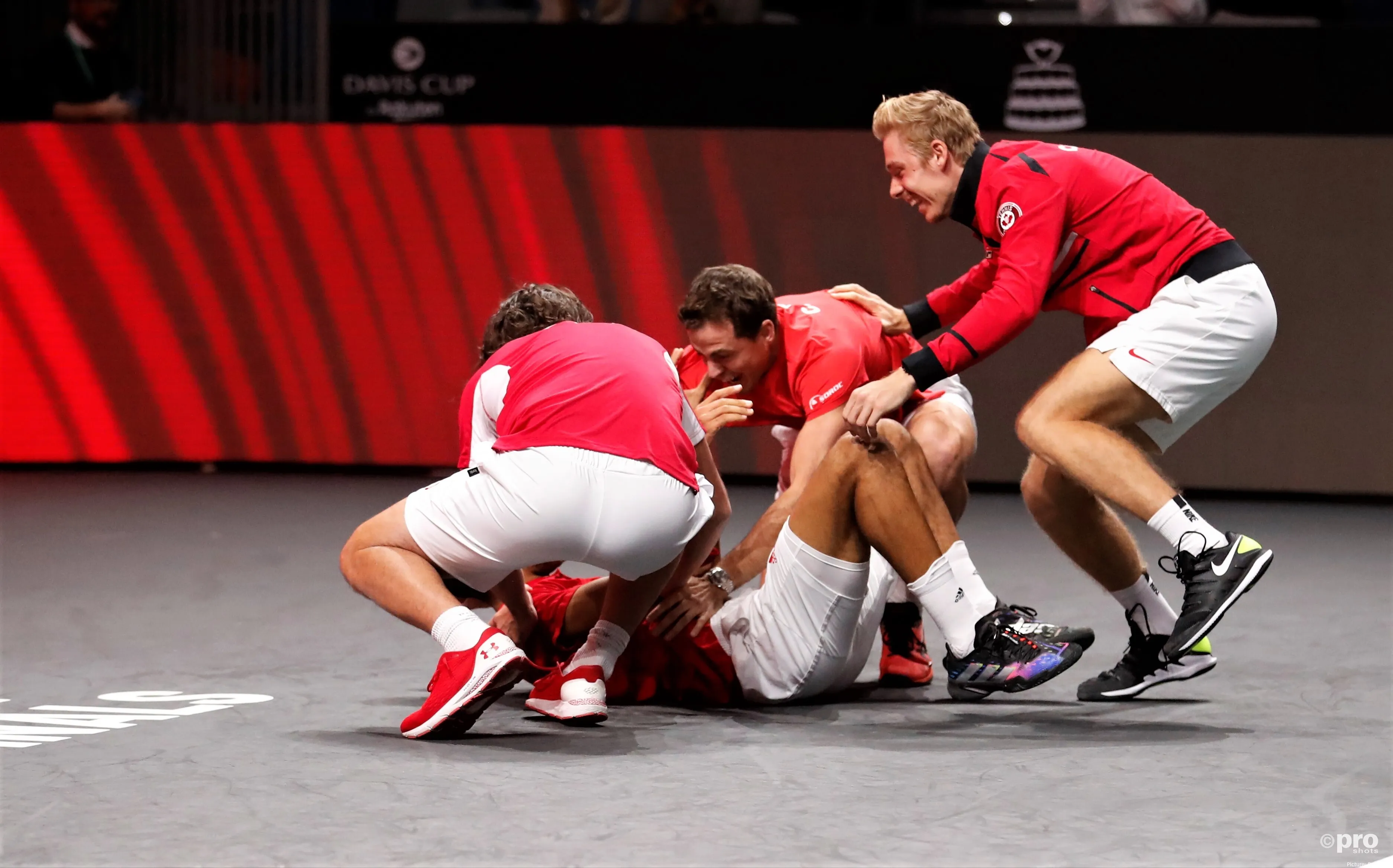
Kosmos' exit from the Davis Cup has generated debate in the tennis world. Gerard Piqué, president of the company, has shared his perspective in Marca on the reasons behind this decision and the challenges they faced during the time they organised the tournament.
Piqué highlights that Kosmos managed to transform a competition that was in a decadent situation. From a sporting, economic, and audience point of view, the company managed to turn the Davis Cup around. The numbers speak for themselves, as revenues increased fourfold in just one year, and the number of sponsors increased from three to 15.
However, the impact of Covid-19 on the sport, especially during 2020, upended all plans. Kosmos had an agreement with the International Tennis Federation (ITF) in which they paid a considerable sum of money, which Pique describes as off-market, amounting to $40 million per year. By comparison, the ATP Cup, a similar competition, received only $10 million from Tennis Australia.
Read also
The pandemic affected the development of the Davis Cup, with the cancellation of the 2020 edition and the holding of some matches behind closed doors in 2021. This made the financial arrangement with the ITF unsustainable for Kosmos. As a result, the contract was terminated and there is now litigation with Kosmos claiming up to $50m.
Piqué expresses his pride in the work done by Kosmos in the Davis Cup and considers the current situation to be unfair. He points out that the ITF has benefited from the contracts that were signed during its participation, worth 70 million euros. In addition, he mentions that Kosmos invested more than 100 million euros in the tournament over a four-year period, and they intended to continue investing.
The relationship with the ITF has been controversial, and Piqué points out that some comments made by federation representatives, such as the president of the German Tennis Federation, may be motivated by political or electoral interests.
Read also
Piqué highlights the benefits that Kosmos brought to the ITF, such as the closure of the Billie Jean King Cup in Andalusia. At the same time, he believes that the competition will face difficulties in the future and that, in four to five years, it is possible that the Davis Cup will no longer be under ITF administration, but will be taken over by the ATP or another third party due to the financial challenges it faces.
Regarding the perception towards Kosmos, Piqué reflects on the learning process they had to go through. As a footballer, he was able to experience the challenge of introducing changes in a traditional sport like tennis. Although some of the changes proposed by Kosmos were criticised, Piqué highlights the success of the Laver Cup, a more modern tournament that has gained popularity in recent years. However, in the Davis Cup, they faced limitations in implementing those changes due to the structure and tradition of the tournament.
Piqué recalls how, by taking over the Davis Cup, they were able to increase revenues significantly. However, the fee they were paying to the ITF was disproportionate, especially in comparison to the ATP Cup. Despite the achievements, Piqué feels that they were not properly valued and suggests that there may have been hidden interests behind it.
Finally, Piqué leaves open the possibility of Kosmos returning to tennis if the right opportunity presents itself. He acknowledges his love for the sport and its worldwide popularity, but warns that if tennis does not modernise, it could face difficulties in the future, as its fan base has an average age of over 40, and it may be difficult for young people to commit to matches that can last several hours.
Kosmos' history in Davis Cup is a mixture of successes and challenges. While they managed to revolutionise the competition, external factors, such as the pandemic and financial disagreements, led to their departure. The future of Davis Cup is uncertain, but the impact of Kosmos has undoubtedly left its mark on tennis and will continue to be discussed in the world of sport.
Read also
PIQUÉ'S STATEMENTS IN MARCA
Why did Kosmos leave the Davis Cup?
"We believe that what we did with the Davis Cup is a resounding success story. We arrived with a competition that was in decline, it was at a low point. And on a sporting, economic and audience level, above all, we turned the tournament around. That is evident and verifiable with numbers. We quadrupled our income in one year. We went from three to 15 sponsors. What happens is that in 2020 the Covid arrives and changes everything in all sports. We had an agreement with the ITF, we paid them a very large amount of money, I would say out of the market, 40 million a year. In an equal competition, like the ATP Cup, which was the same thing, Tennis Australia was paying 10 million to the ATP. So we were paying four times as much. In 2020 there was no Davis Cup, for part of 2021 it was played behind closed doors.... The fixed amount we were paying was out of the market. After the termination by the ITF there is now a dispute between us in which we are claiming up to 50 million dollars. We can't say more because of confidentiality restrictions. But I am very proud of everything we did. We turned the competition on its head and came up with Covid, which was impossible to foresee. A lot of leagues and federations adapted to that situation and the ITF decided they didn't want to renegotiate those terms. Then from one day to the next the agreement was terminated and we had to adapt as a company. We invested more than 100 million in the Davis Cup in four years and that is an outrage. And we wanted to invest more.
Response to the ITF president's criticisms
"I saw the comment and I think that people are not informed, or they don't know or they want to use us for a political, electoral issue, because they have the elections in August. The president of the German federation had a good relationship with us. The ITF, with our agreement, has benefited. Right now they have contracts that we signed worth 70 million euros. The Billie Jean King Cup was closed in Andalusia thanks to us. What we have given them compared to what we have received is barbaric. We believe that everything that has happened is very unfair. I think that the Davis Cup will last two or three years with the contracts that we closed at the time, but I see a complicated future for it. In four or five years I think the Davis Cup will no longer belong to the ITF. It will either belong to the ATP or to a third party that is going to buy it, because the money is not going to be enough to manage it. President David Haggerty promised to distribute an amount of money to the Federations that it will be impossible to give because the competition does not generate it.
Criticism for coming from football?
"It was a learning process. We wanted to do things one way and no matter how much time and money you invest, you are tied down. We wanted to do a lot of things, but we couldn't because the competition wasn't ours. And every little change we made was criticised and frowned upon, because tennis is a very traditional sport. Then you see the Laver Cup, which is the most modern thing that has happened in tennis in recent years, and you see that the changes work. A short, three-day tournament, with an impact and that people like. We wanted to replicate this in the Davis Cup and we could not. With any small change we made, there was always one of the most traditional players who got the headline even though he was a nobody and 100 were in favour. I look back and when we took over the competition, BNP Paribas fell and in one year we generated from 8 million to 50 million. The problem was the fixed fee, which was very high, and even more so compared to the ATP Cup. We got an agreement with the ATP, which was very good for tennis. But there were things that were not valued because it was not of interest".
Would you return to tennis?
"I might come back if there was an opportunity that suited me, because tennis is a sport that I love. And it is the third most popular sport in the world after football and basketball.
But there is a risk that if it doesn't modernise it will cost it in the future. It has an average fan base of over 40 years old and it's difficult to get hooked on matches that you don't know when they end. In the Grand Slams they can go on for six hours. It's very epic, but it's not easy for young people who follow the sport."
claps 0visitors 0
Just In
Popular News
Latest Comments
- The poor Head Sportswasher has been whining and crying in the media, and basically threatening Saba, Iga, etc. Must be a real Ego Buster when they dangle money and people (especially Women) say, 'No thanks'.
- "Losing-itis" is not uncommon in Emma's small world. Just keeps begging the question, 'What are sponsors paying for? Limited tennis appearances... or Social Selfie Media presence?'
- Dubai can suck it up like everyone else. Just because they think they run the show, they do not. Sportswashing does not give them Power.
- You're losing your mind here.. You use a lot of space, yet inadequate knowledge. Read the WTA Rule Book 2026; it answers all your questions and accusations.
- Why single out Iga and Aryna to punish?, Since when do players get punish because they withdraw from tournaments? Maybe if they both were treated like number one and two players, they would not have this problem. The WTA discriminates against them because of their nationalities, yet they want to make money off them. Every tournament, Iga has harder draws than qualifiers from the beginning to the end. In the Australian Open they stuck Aryna out in the sun the majority of her matches in order to tire her out. She is the number one player in the world and she never got the opportunity to play with the roof closed. If they want these top players to continue playing and making money for them, then they should treat them as such. Otherwise, get the players who they are always giving out cupcake draws to like Pegula to play their tournaments. Lets see how many seats in the audience she will fill. Iga has more fans in the seats than any player in the WTA, yet she is always disrespected and mistreated because of her nationality. The WTA is a corrupt, bias and racist organization. No matter what job someone is on, you cannot tell them that they are not sick or injured.
- LOL. Billie Jean King hates being a woman.
- Pulling out a tournament is not illegal. Therefore, that is no problem. Maybe they need more rest.
- It is simple. If you do not want cameras following you, get away from tennis and go find another job. Cameras and interviews are a part of the job. They do not mind cameras when they are winning. If the women tennis players would put the same amount energy to playing tennis as they do with complaints, women tennis would be exciting to watch.
- Yeah, that's what I would do... be nice and lose a match
- Turns out Swiatek is as big a cheater as Draper (remember vs FAA?)when she didn’t admit to hitting a double bounce drop shot. The blind chair ump didn't even see it on the replay but fortunately got the correct call from someone on the phone (supervisor?) we all saw it…..it wasn’t even a close call. Great win Sakkari !!
Loading
